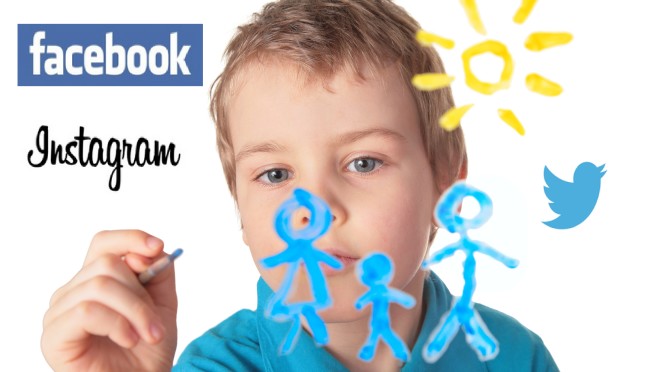
Hey Teachers! Think about this: If you are teaching middle school students, most of them were born after the year 2000, right after Generation Y (born in late 80s, early 90s). Something we need to consider about these kids is that they do not know a world without Internet and even though major social media sites came about in 2004 (Facebook) and 2006 (Twitter), they were already there by the time age allowed them to join them.
Some other social media sites such as Instagram (2010) and Snapchat (2011) also became some of the hottest apps among teenagers in many countries and continue to do so. It is no secret that kids are eager into joining this social media sites and the craze behind them. They represent to the child an escape and a great place to express their feelings and sometimes steam out their emotions.
There is no overlooking the impact that social media has in our students. The world of Internet is where many of them spend most of their time. Unfortunately, many of us adults are not understanding of this particular need teens have. This is where a generation gap opens up and causes a damaging separation between kids and their parents, teachers, and authorities in general.
The best way to understand the teenage mind is to actually make efforts to delve into their world. To us adults this might not come easy since these kids were born into a rapidly changing world where things are so unfamiliar to our own teenage years; we honestly find it difficult to relate at some point. Many of the things pre-teens and teenagers are struggling with today are a far shot from what we ever did. We did not have to deal with cyber-bullying, for instance. This is a scourge that is spreading fast among our kids.
Therefore, understanding how impact of social media influence their emotions requires an exhausting effort and much understanding. We need to know how to manage ourselves when coming to these networks. Much of what kids enjoy today comes from social media. Many times, their online presence is pretty different than their real life. They usually get a lot of compliments online. They are able to create a fresh identity or stay anonymous and still enjoy of emotionally encouraging feedback. This will produce an obvious appeal to staying online rather than joining the real world.
These circumstances definitively have an effect on the emotional development of a child. Every case is different as every kid has its own identity and context. How has social media affected the emotional development of your students? Has it been positive or rather negative? Share your thoughts in the comments section below and let the discussion stay open.
Featured Image: IngImage